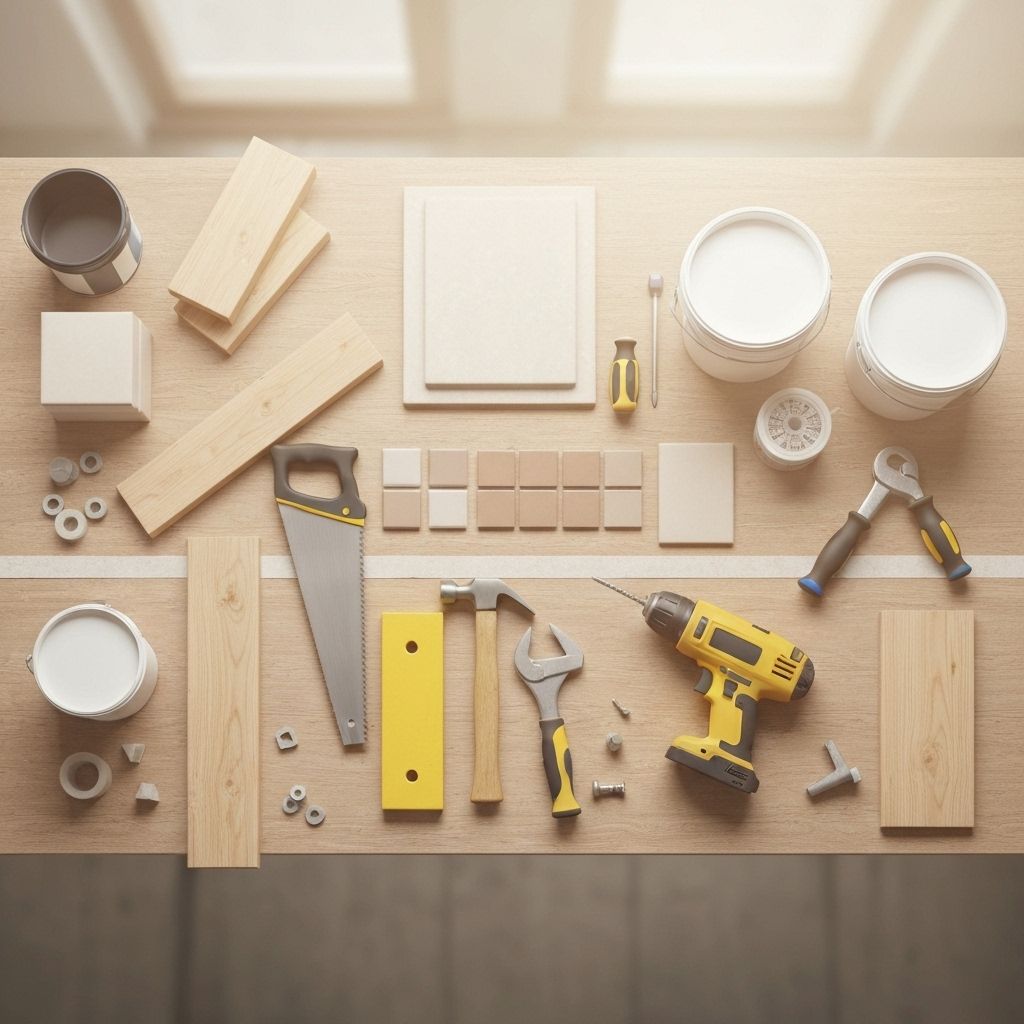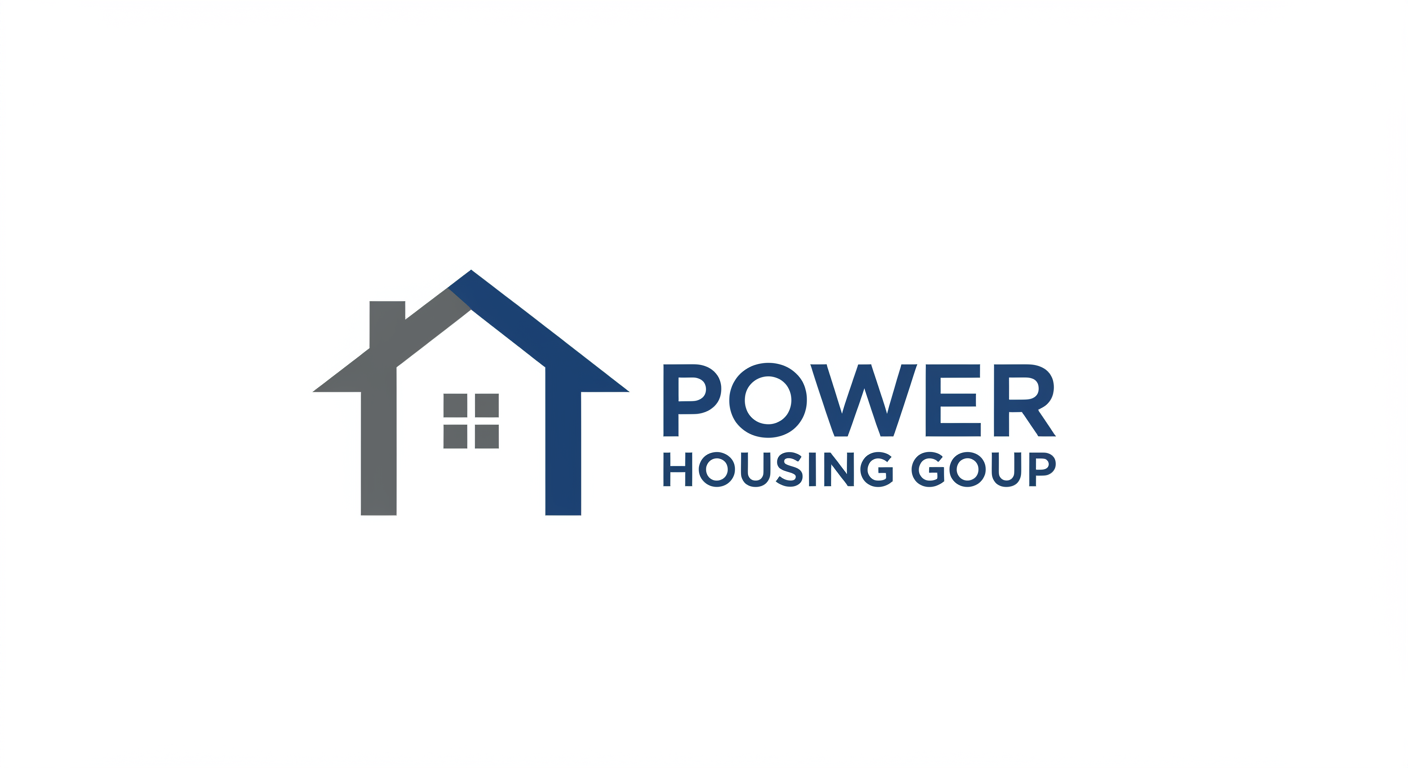The Top 3 Renovations That Don't Add Value

While many home improvements can boost your property's value, some popular projects offer a surprisingly low return on investment. Overly personalized updates, luxury kitchen remodels that don't fit the neighborhood, and converting a garage into living space can sometimes hurt your resale value. Understanding which renovations to avoid can save you thousands and help you make smarter investment decisions.
1. Over-the-Top Kitchen Remodels
Kitchen renovations are often touted as the best investment you can make in your home, but this isn't always true. High-end kitchen remodels that cost $80,000 or more rarely provide a good return on investment, especially in moderate-priced neighborhoods. When your kitchen renovation costs more than 15-20% of your home's total value, you're likely over-improving for your market.
The problem with luxury kitchen remodels is that they often include features that appeal to a very narrow buyer pool. Professional-grade appliances, exotic countertops, and custom cabinetry might impress some buyers, but many others will see them as unnecessary expenses that they'll have to pay for but may not want or use.
2. Converting Garages to Living Space
Converting a garage into a bedroom, office, or family room might seem like an easy way to add square footage, but it often backfires. Most buyers expect homes to have adequate parking, and removing garage space can actually decrease your home's appeal and value. This is especially true in areas where street parking is limited or where garages are expected amenities.
Additionally, garage conversions often result in awkward room layouts, poor insulation, and code compliance issues. Many converted garages lack proper heating, cooling, and electrical systems, making them less functional than purpose-built living spaces. Buyers often see these conversions as problems they'll need to fix rather than valuable additions.
"The biggest mistake homeowners make is renovating for their own taste rather than what appeals to the broadest range of buyers. Personal preferences rarely translate to increased home value." - Real Estate Appraiser
3. Highly Personalized Improvements
Renovations that reflect very specific personal tastes or hobbies rarely add value and can actually turn off potential buyers. Examples include elaborate themed rooms, built-in aquariums, indoor hot tubs, or converting bedrooms into specialized spaces like home theaters or wine cellars. While these features might bring you joy, they significantly limit your buyer pool.
Bold color choices, unusual fixtures, and unconventional layouts also fall into this category. What you see as unique and stylish, buyers might see as expensive problems they'll need to fix. Neutral, broadly appealing improvements almost always provide better returns than highly personalized ones.
What Renovations Actually Add Value?
Instead of these value-draining renovations, focus on improvements that appeal to the broadest range of buyers:
- Minor kitchen updates (new countertops, cabinet refacing, updated appliances)
- Bathroom renovations, especially in older homes
- Fresh paint in neutral colors throughout the home
- Updated flooring, particularly replacing worn carpet
- Energy-efficient windows and insulation improvements
- Landscaping and curb appeal enhancements
The Smart Approach to Home Improvements
Before starting any major renovation, research what improvements are valued in your specific market and price range. Talk to local real estate agents about what buyers in your area are looking for. Consider getting a pre-renovation appraisal to understand your home's current value and how much specific improvements might add.
Remember that the goal of renovations should align with your timeline. If you're planning to sell within a few years, focus on improvements that add value. If you're staying long-term, renovate for your own enjoyment, but understand that highly personal improvements may need to be undone when you eventually sell.
The key to smart home improvements is understanding your market, your timeline, and your goals. By avoiding these common renovation mistakes and focusing on broadly appealing improvements, you can enhance your home's value while avoiding costly missteps that could hurt your resale potential.
Related Articles
Selling Your Home As-Is
Maximize value without costly repairs.
Common Inherited Property Mistakes
Avoid costly pitfalls when selling inherited homes.
What is a Fair Cash Offer?
Understand how cash offers are calculated.
Skip the Renovations
Get a fair cash offer for your home in its current condition.
